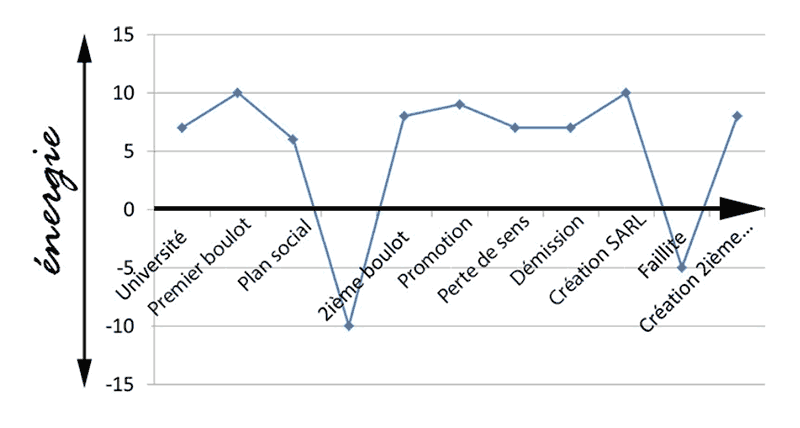In 2014, the National End of Life Observatory (ONFV) looked into the end of life of people in precarious situations, whether they are on the street, in social housing, in adapted housing, in a clean home or hospital. “This was an opportunity to explore the notion of equal access to care and end-of-life support regardless of their social situation and to analyze the reality of the support of these patients outside standards “explains Professor Régis Aubry, President of the Observatory, who has just submitted his report to the Minister of Social Affairs and Health, Marisol Touraine.
Financial precariousness, isolation, precarious health: “By precarious people we mean people living in insecurity which does not allow them to assume their professional, family and social obligations alone and to enjoy their fundamental rights” explains the Observatory. And the picture that the latter draws up is very dark: the vast majority (74%) of social service assistants say that no tool allows them to detect people in precariousness. A finding confirmed by the figures: a third of people at the end of their life and considered “precarious” enter the hospital by emergency, without ever having been taken care of before.
Currently “no place is planned in sufficient volume to accommodate them”, underlines the ONFV. The end of life of precarious people can therefore take place in inappropriate places: in accommodation and reintegration centers, in prison, in hospital … Thus, the length of stay in hospital is longer by 61% among so-called precarious patients than non-precarious ones. An extension of the length of stay more linked to social reasons rather than medical ones.
“Neither the organization of our health system, nor the training of professionals, nor the accommodation structures have really integrated this outcome (the end of life), however inevitable and real for people in precarious situations” insists the Observatory which wants decision-makers to take precarious people into account in their policy of access to healthcare.
End of life in numbers
– Precarious people have a lower life expectancy of 28 years (49 years against 77 years)
– 569,200 deaths in France in 2013 including 19% fewer people
65 years old, 39% of people between 65 and 84 years old and 43% of people over 85 years old
– 25.1% of deaths occur at home
– 57.2% of deaths occur in healthcare establishments
– 12.1% of deaths occur in residential accommodation for the elderly.
Read also
8 out of 10 French people against relentless therapy
40 million people need palliative care
Life expectancy increased by 5 years
















